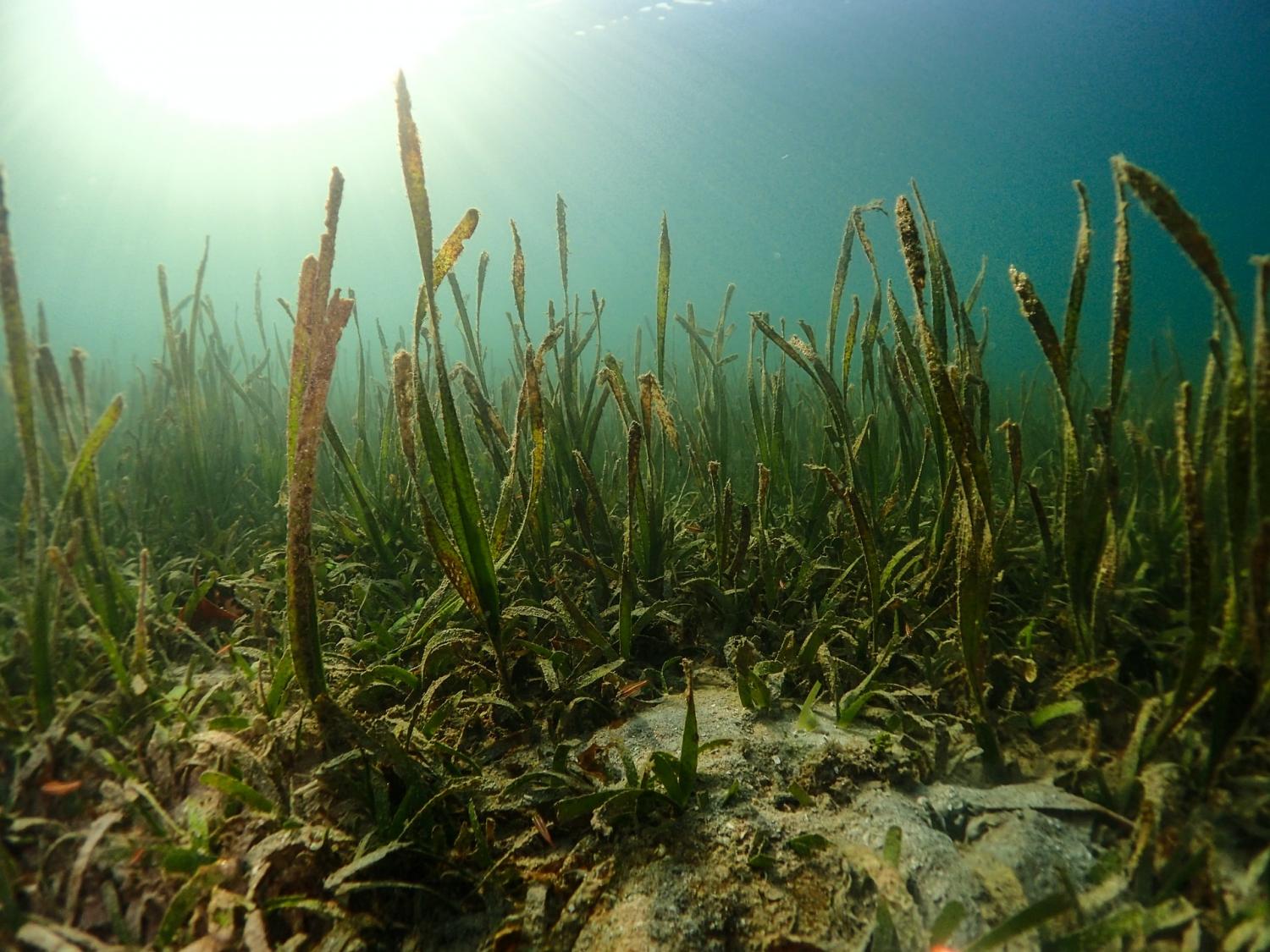
Seagrass is one of the more understated carbon sinks available on the planet, but as with much of our globe’s landscape, these marine plants are largely under threat. To that end, the Danish brewer Carlsberg and WWF recently launched a partnership to raise awareness about the benefits of seagrass while trying to prevent even more loss.
According to WWF, what may look like not much more than green shoots coming out of the muck along coastal areas are actually integral to the health of the world’s oceans. WWF says while seagrass only covers 0.2 percent of the oceans’ floors, it absorbs 10 percent of the seas' carbon each year – and it can also capture carbon at a rate 35 times higher than tropical rainforests.
Further, small areas of seagrass can host a huge amount of marine life; WWF touts statistics suggesting an area of just over 100,000 square feet can provide food and shelter to about 80,000 fish and more than a million invertebrates.
As rich as they are in marine life, they are also fragile: a study issued earlier this month concluded the United Kingdom has lost more than 90 percent of its coastal seagrass meadows.
Carlsberg and WWF say they are now working together to raise awareness about this problem. Special editions of Carlsberg packs of beer, many of which have been held together by plastic-free snap packs since 2018, will contribute a donation to help the nonprofit’s seagrass restoration efforts.
Part of that effort started last summer, when WWF worked with volunteers, Sky Ocean Rescue and Swansea University to collect a million seagrass seeds. According to the most recent press reports, about 750,000 of those seeds were planted along the coast of Wales earlier this month; the rest will be planted later this year. The first planting alone, say WWF and its partners, could support 160,000 fish and about 200 million invertebrates.
Image credit: Benjamin Jones/Unsplash

Leon Kaye has written for 3p since 2010 and become executive editor in 2018. His previous work includes writing for the Guardian as well as other online and print publications. In addition, he's worked in sales executive roles within technology and financial research companies, as well as for a public relations firm, for which he consulted with one of the globe’s leading sustainability initiatives. Currently living in Central California, he’s traveled to 70-plus countries and has lived and worked in South Korea, the United Arab Emirates and Uruguay.
Leon’s an alum of Fresno State, the University of Maryland, Baltimore County and the University of Southern California's Marshall Business School. He enjoys traveling abroad as well as exploring California’s Central Coast and the Sierra Nevadas.














